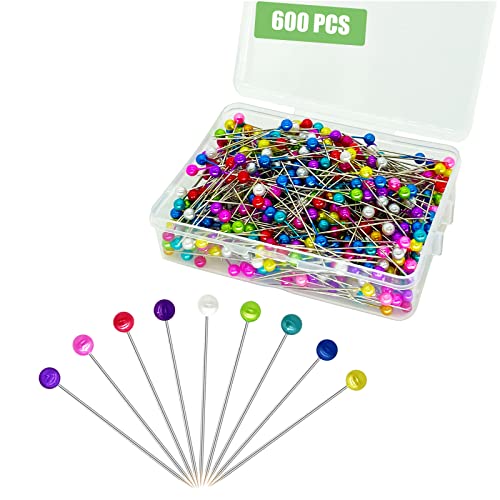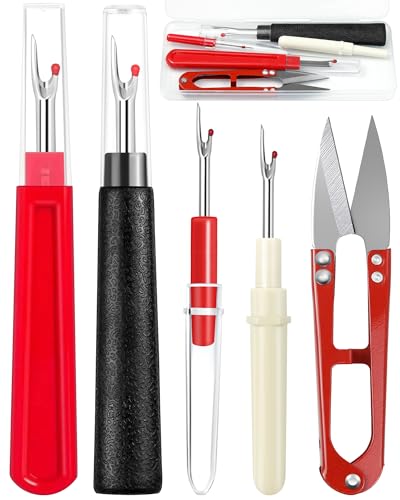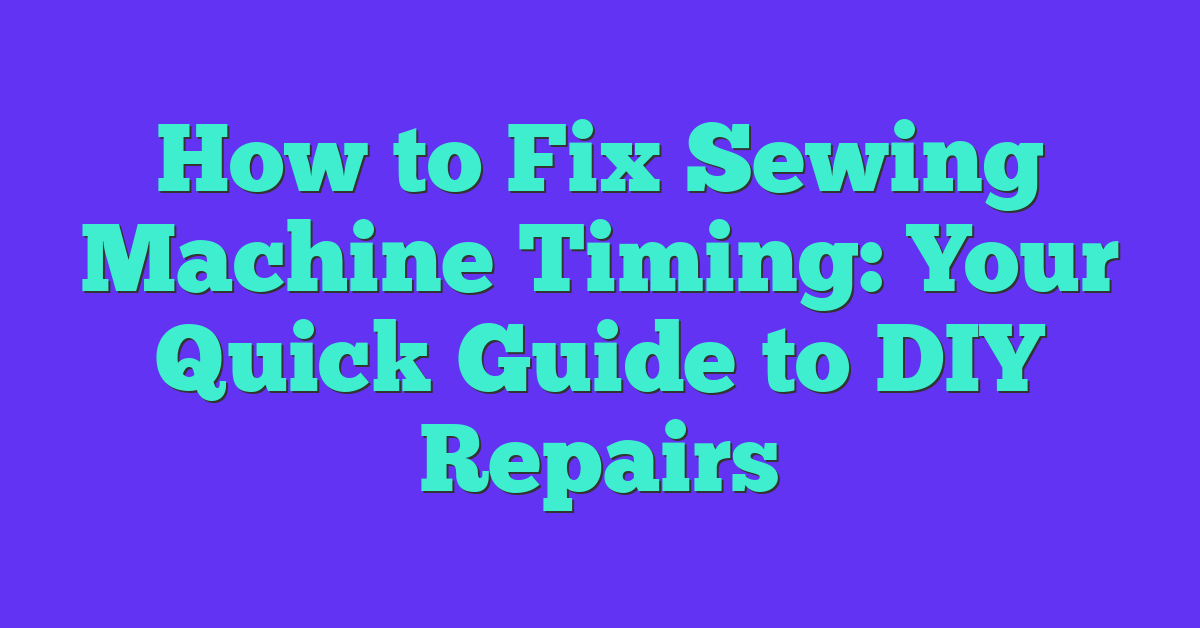Ever wondered if your trusty sewing machine needs a little TLC? Just like your car, your sewing machine benefits from regular maintenance to keep it running smoothly. But before you rush to the nearest service center, you might be asking, “How much does a sewing machine service cost?”
Understanding the cost of servicing your sewing machine can help you budget and ensure you’re getting the best care for your beloved equipment. Whether you’re a hobbyist or a professional, knowing what to expect in terms of pricing and services can save you from any surprises. Let’s dive into what you need to know about sewing machine service costs.
Factors Influencing Sewing Machine Service Costs
Several factors affect the cost of sewing machine service. Understanding these elements helps you budget effectively and keep your machine in top condition.
Types of Sewing Machines
Different sewing machines incur varying service costs:
- Mechanical Sewing Machines: These are typically simpler, with fewer electronic components. Servicing usually costs less, often ranging from $50 to $75.
- Electronic Sewing Machines: These machines have more complex circuitry and features. Service costs can range from $75 to $100.
- Embroidery Machines: Offering intricate stitching capabilities, these machines demand specialized service and usually cost between $100 and $150.
- Serger Machines: Known for their ability to perform overlocking stitches, sergers require specialized maintenance. The service cost generally falls between $75 and $125.
Complexity of Service Required
The specific issues your machine faces also affect the service cost:
- Routine Maintenance: This includes cleaning, oiling, and minor adjustments. It’s typically less expensive, usually around $50 to $75.
- Repairs: Fixes for broken parts or electronic malfunctions can significantly increase the cost. Expect to pay between $75 and $200, depending on the severity.
- Software Updates: Machines with software capabilities may need updates. These services can range from $30 to $100, depending on the extent of the update and any included training.
Addressing service costs upfront ensures your sewing machine remains your crafting ally for years to come.
Average Cost of Sewing Machine Services
The cost of servicing your sewing machine depends on the type of service needed. Basic maintenance, extensive repairs, and specialty services each have different price ranges.
Basic Maintenance
Basic maintenance usually involves cleaning, oiling, and adjusting the tension. Most mechanical sewing machines cost between $50 and $75 for this service. Electronic sewing machines, due to their complexity, generally cost between $75 and $100 for the same basic maintenance. Regular maintenance ensures your sewing machine runs smoothly, making it a worthwhile investment.
Extensive Repairs
Extensive repairs address issues like broken parts, motor problems, or timing adjustments. Mechanical sewing machines can cost anywhere from $75 to $150 for these more complex repairs. Electronic sewing machine repairs often range between $100 and $200. For embroidery machines and sergers, expect repair costs to fall between $100 and $250 due to their specialized components. Knowing these costs in advance helps you plan for any necessary repairs to keep your sewing machine in top condition.
Saving on Sewing Machine Services
To keep service costs manageable, adopting certain practices can help extend your machine’s lifespan and minimize repair expenses. Recognize that well-maintained machines ultimately save you money.
Regular Maintenance Tips
Performing regular maintenance on your sewing machine reduces the need for frequent professional servicing. Follow these tips:
- Clean the Machine Routinely: Remove lint and dust buildup from the bobbin area and feed dogs. Use a soft brush or compressed air for thorough cleaning.
- Oil Moving Parts: Lubricate your machine according to the manufacturer’s guidelines. This prevents wear and tear on moving components.
- Check Needles: Replace needles regularly to avoid stress on the machine and ensure smooth operation.
- Store Properly: Keep your machine in a dust-free environment and cover it when not in use. Dust can cause significant internal issues over time.
- Compare Prices: Research prices from different service providers. Look for online reviews and testimonials to gauge service quality.
- Ask for Recommendations: Seek suggestions from local sewing communities or forums. Personal experiences often highlight cost-effective, high-quality service providers.
- Inquire About Guarantees: Some providers offer guarantees on their work. This can save on future repairs if issues reoccur.
- Certifications: Check if the technician is certified by machine manufacturers or recognized institutions. Certified technicians usually offer reliable and cost-effective services.
Comparison Between DIY and Professional Services
Comparing DIY and professional services for sewing machine maintenance can help you decide the best approach based on your needs and skills.
Pros and Cons of DIY Maintenance
Inspecting and maintaining your sewing machine can be cost-effective. Purchasing basic tools costs less than a single professional service. Regular DIY maintenance includes tasks such as cleaning, oiling, and needle replacement, which can extend your machine’s lifespan. Tutorials and manuals provide detailed instructions, making it accessible even for beginners.
However, DIY maintenance has limitations. Without specialized knowledge, diagnosing mechanical issues can be challenging. Incorrect handling could lead to further damage. Additionally, warranty coverage may be voided if unauthorized repairs are performed. Essential tasks, such as timing adjustments or electrical inspections, may require professional intervention.

When to Opt for Professional Service
Opt for professional services for complex issues. Professionals have tools and expertise to handle intricate repairs, ensuring your machine operates efficiently. Certified technicians offer services like thorough inspections and precise adjustments, which may not be achievable through DIY efforts.
If you’re dealing with high-end or electronic machines, professional servicing is advisable. These machines have intricate components requiring specialized knowledge. For warranty-covered machines, using an authorized technician will preserve the warranty. Regular professional check-ups can help identify potential issues early, preventing costly future repairs.
Conclusion
Maintaining your sewing machine is essential to keep it running smoothly and avoid costly repairs down the line. While service costs can vary, understanding what to expect can help you budget accordingly. Regular cleaning and proper care can extend your machine’s lifespan and reduce the frequency of professional servicing.
Don’t forget to compare prices and seek recommendations to find a reliable technician. For complex issues, especially with electronic or high-end machines, professional services are your best bet to ensure everything’s in tip-top shape. Happy sewing!













